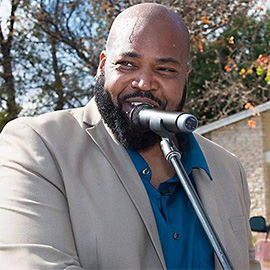State laws make it difficult to pass a fair chance housing ordinance, but that shouldn’t stop us from providing Fair Chance Housing for all those who are affected by the CJ system. At a time when many of the people who work in Austin can’t afford to live in Austin, we think now is the perfect time to begin to protect the dwindling population of black and latino folks. One of the ways we have identified and have studied from other municipalities that have invested in this model is a Municipal Affordable Housing Trust Fund (MAHTF). The MAHTF ideally would work in conjunction with the City’s Community Land Trusts, to give the residents ownership of the land and the physical structure. Released individuals face significant challenges securing (permanent, independent) housing upon returning from correctional institutions to the community for myriad reasons, such as limited incomes, employment histories and/or employment prospects; few affordable housing options in the communities to which released individuals are most likely to return, insufficient housing assistance during incarceration, as well as discrimination by landlords, particularly in tight rental markets; restrictions on public housing; and shortages in supportive housing programming or an inability to apply/qualify for supportive housing. Peer-led treatment housing models also appear effective—Research has shown that recovery housing models with peer-led treatment for individuals with substance abuse issues, called Oxford Houses, are associated with reductions in recidivism and the use of substances, and increases their employment prospects.
Affordability, Austin Chamber of Commerce
View All Reponses >>

